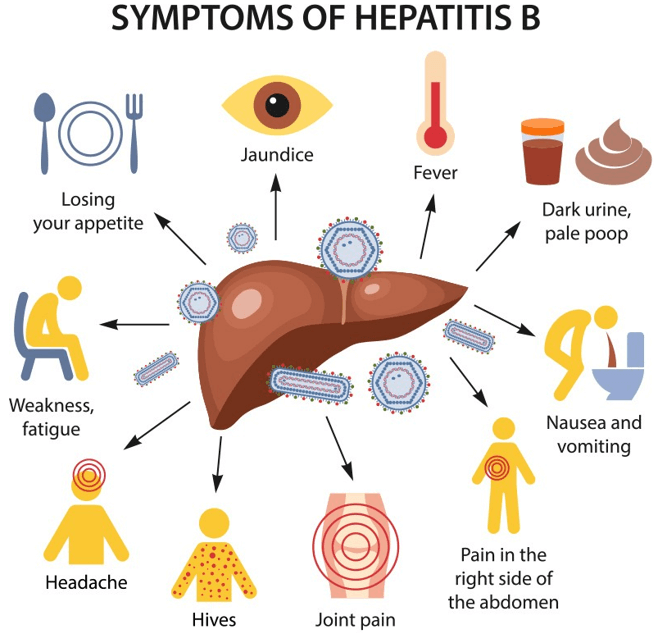A male client atends a community support program for mentally impaired and chemical abusing clients. The client tells the practical nurse (PN) that his drugs of choice are cocaine and heroin.
What is the greatest health risk for this client?
Glaucoma.
Hepatitis.
Diabetes.
Hypertension.
The Correct Answer is B
This is the greatest health risk for this client because he is likely to inject cocaine and heroin intravenously and share needles with other drug users, which can transmit blood-borne infections such as hepatitis B or C. Hepatitis can cause liver inflammation, cirrhosis, or cancer and may be fatal if untreated.

Nursing Test Bank
Naxlex Comprehensive Predictor Exams
Related Questions
Correct Answer is B
Explanation
The correct answer is choice B. Ineffective airway clearance.
Choice A rationale:
Risk of infection is not the priority nursing problem in this scenario. While the darkened membranes and smoky breath may be indicative of potential infection, addressing ineffective airway clearance is more urgent as it directly impacts the client's breathing and oxygenation.
Choice B rationale:
Ineffective airway clearance should be the priority nursing problem. Darkened membranes of the mouth and smoky breath suggest possible inhalation injury or airway obstruction.
Maintaining a patent airway is crucial for adequate oxygenation and to prevent further complications.
Choice C rationale:
Acute pain is not the priority nursing problem in this case. Although it is essential to address any discomfort the client may be experiencing, it takes a back seat to the more critical issue of ineffective airway clearance.
Choice D rationale:
Disturbed body image is not the priority nursing problem when the client has darkened mouth membranes and smoky breath. While it is important to address body image concerns, the immediate focus should be on managing and improving the client's airway clearance.
Correct Answer is B
Explanation
This is the highest priority task and should be completed first because it ensures the safety and quality of care for the clients. The PN should check that all new prescriptions have been administered, documented, and reported as ordered and that there are no errors or omissions.
Whether you are a student looking to ace your exams or a practicing nurse seeking to enhance your expertise , our nursing education contents will empower you with the confidence and competence to make a difference in the lives of patients and become a respected leader in the healthcare field.
Visit Naxlex, invest in your future and unlock endless possibilities with our unparalleled nursing education contents today
Report Wrong Answer on the Current Question
Do you disagree with the answer? If yes, what is your expected answer? Explain.
Kindly be descriptive with the issue you are facing.
